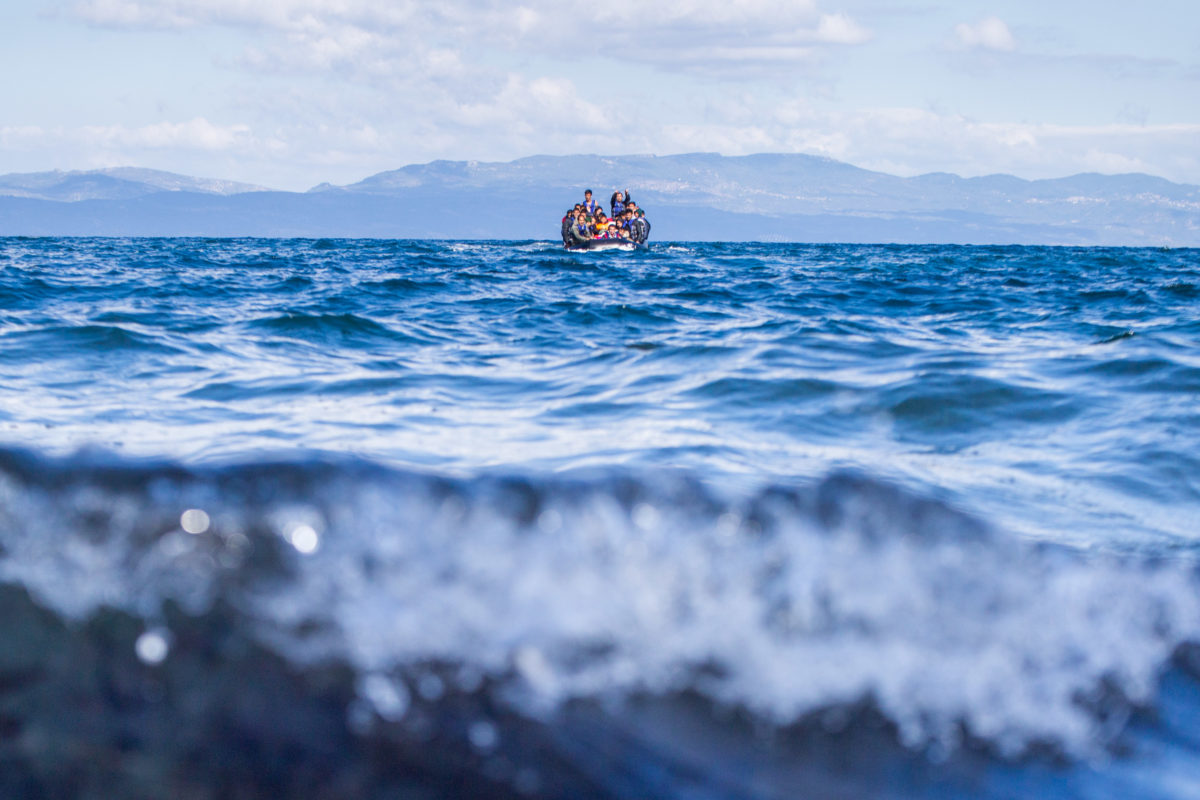Question: Unlawful repatriation of refugees to Libya

The fact that Libya is not a safe place for people have Studies and court rulings confirmed again and again. The EU Commission has ignored this fact for years and supports the Libyan Coast Guard in returning people fleeing to Libya. In its response to a joint question from several MEPs, the EU Commission refuses to take concrete steps and emphasizes general principles – which, however, are in conflict with actual action.
The whole question with answers in several languages can also be found at here.
Our request
Subject: Ruling of a court of Naples on the return of migrants to Libya
Libya is not a safe place for people to enter. This was the conclusion of a Naples court in its verdict, sentencing an Italian ship captain to one year in prison for bringing 101 rescued migrants back to Libya with the help of the Libyan Coast Guard (LCG). This should be a clear indication that returning migrants to Libya is unacceptable, not only for commercial vessels operating in the Central Mediterranean, but also for Member States whose search and rescue strategy is built on cooperation with the so-called LCG. Despite clear evidence of inhumane treatment and dangers to migrants in Libya, Union funds have been allocated to train and equip the LCG, and the EU has supported Libya in designating a disproportionately large search and rescue zone, resulting in numerous deaths.
1.what measures is the Commission taking to monitor Member States' cooperation with Libya and withdraw EU support for cooperation leading to the forced repatriation of people?
2.how does the Commission, together with the Frontex Management Board, ensure that the Agency no longer contributes to forced returns by involving the LCG in rescue missions?
3.In how many cases did Frontex inform the LCG about a boat with migrants or a boat in distress, which then led to returns to Libya, and are these cases investigated retroactively?
Answer given by Ylva Johansson on behalf of the European Commission on 21/12/2021:
In its cooperation with Libya, the EU's priorities include: Promoting effective search and rescue operations in compliance with human rights standards; working to end arbitrary detention of migrants; and assisting the International Organization for Migration with voluntary return and reintegration and the United Nations High Commissioner for Refugees with the evacuation of vulnerable refugees and asylum seekers from detention facilities in Libya. To this end, the EU is funding projects, some of which are being implemented by Member States. The Commission regularly reviews its own operations in Libya by monitoring reports from its implementing partners and conducting targeted audits. Given the particular challenges related to the context in Libya, the Commission has also established third-party monitoring of operations in Libya under the EU Trust Fund for Africa.
Saving the lives of people on board vessels in distress is an absolute priority and the transmission of information to the relevant Maritime Rescue Coordination Center (MRCC) is an obligation under international law. Like any other organization (including non-governmental organizations), the European Border and Coast Guard Agency (Frontex) reports incidents requiring a search and rescue operation at sea to the internationally recognized Libyan Maritime Rescue Coordination Center when an aircraft detects a distress at sea in the Libyan search and rescue zone. While it is necessary to notify the appropriate MRCC in order to save lives in immediate danger, Frontex operational plans require all vessels to adhere to the principle of non-refoulement in accordance with Regulation (EU) No.656/2014. To date, no disembarkation has been carried out by a Frontex vessel in Libya.
The Commission has asked Frontex to reply to the third question put by the Honourable Members. The Commission will provide the Honourable Members with the Agency's reply as soon as possible.